The new year is a time for many that represent new opportunities for growth in all aspects of life. We have another 365 days to look forward to bettering ourselves. As a community, Black people look to make further strides on all levels of American society. In the last two years, Black people have organized the largest civil rights movement in world history, mobilized the highest voter turnout in the 2020 presidential election, and shatter record after record in entertainment, TV & film, sports, and music. In addition, we see a greater emphasis on erasing generational trauma. We are coming to terms with the scars of our past and actively seeking ways to end vicious cycles. This is especially true with how we chose to redefine Black masculinity and femininity through various methods of shadow work and self-discovery.
Going into the new year and beyond, I look to not only better myself as a person but as a Black man. In doing so, it is also my personal mission to offer support to other Black men who seek to heal from their trauma. The following habits are practices I intend to pursue and encourage other Black men to do at least one in their own lives. It is my belief that practicing at least one of these habits will strike a heavy blow to the emotional backlog that we now know as toxic masculinity. These are habits I have gathered from trying them myself as well as things given to me. To the Black men reading this, the road isn’t easy, but hopefully, this article can serve as a companion on your journey.
Normalizing Going to Therapy/Support Groups.
This is probably the biggest thing that I think Black men should consider trying. The antiquated notions of masculinity told us that we had to be stoic. Stoic, as we now know, is just a fancier word for emotionally stifled. Yes, we are men, but we are human men. That means that we come with, wait for it…human emotions! Jokes aside, we do have a major problem as Black men with adequately expressing our thoughts and emotions. This definitely stems from social constructs about masculinity, but this article is about accountability. We can blame society all we want for how we are, but we can only rely on ourselves for how we turn out. Therapy is a great way to not only express our emotions but receive professional insight on how to break unhealthy patterns.
However, I understand that therapy can also seem like a big step. Coupled with the financial burden, therapy is simply not an option for some. Online support groups and free virtual therapists are good alternatives. We as Black men feel that we must trudge through the mental strain of life through pure grit. In reality, what we truly need is the space to sort through the fog in an effective way.
You can find resources for therapy and other services here.
Maintaining Platonic Relationships with Women.
It is a fact that Black men are hyper-sexualized in the media. We are portrayed as hulking, well-endowed sex-crazed figures. This is what society expects of us, so I am not surprised that Black men often have trouble maintaining platonic relationships with women. In a study at the University of Wisconsin, researchers found that men were more likely to be attracted to their female friends while also believing that this attraction was mutual. As a result, men were more likely to act upon this misguided notion. Statistically, men show that they have a harder time being “just friends” with women. But just because it’s “harder” does not mean it’s impossible.
This habit is a practice of self-discipline and reassessing self-worth. As we strive to be high-value men, we should also strive to be more selfish with our time and energy. The benefits of female companionship are endless. Women are more accepting of vulnerable conversations, and they can offer key insight into the female psyche. Establishing that boundary is also a great sign of control over our primal urges. I am not saying that we shouldn’t date. But our allure as Black men is not in our availability, but lack thereof.
Practicing Self-Care.
In our fight against “wack” gender norms, we have to reclaim the parts of society that are locked off to us. Yes, Black man, I want you to walk to your nearest nail salon and get yourself a mani-pedi. After that, you are to go to your favorite restaurant and buy whatever you want. Lastly, when you return home you shall wash your face thoroughly, exfoliate, and moisturize. In short, what I am saying is that we as Black men need to engage in activities that re-center our focus.
In times of stress, quite usually our outlet involves sex, drugs, and/or violence. While it may feel good at the moment, these are simply fleeting emotions leaving us worse than we started. We are constantly told that we have to be providers and yet we aren’t taught to provide for the person we need the most: ourselves. I challenge my fellow Black man to stimulate his mind beyond the superficial. Go for a long walk on a particularly favorable day, take yourself shopping, try painting, look for any healthy outlet that provides you with relief.
Allowing Our Male Friends Safe Spaces to Fully Express Their Emotions.
This one is my favorite because the relationship between a Black man and his “boys” is a driving force in determining who he is. When you hang out with the guys, it is expected that you talk about the “usual guy stuff”. You may speak about sports, talk about some romantic encounters, and probably finish talking about more sports. The problem here is that many men are engaging in these surface-level conversations while harboring some negative feelings. We can tell our friends we’re having a hard time but that is sometimes responded with drugs and alcohol. You may not have a friend group that is ready to have candid conversations about depression, anxiety, and trauma. However, the work must start somewhere. It is gritty, awkward, and uncomfortable work but receiving positive male reinforcement in your masculinity is worth the battle.
Listen to More Diverse Music.
This is more for me and people who generally like the same music as me. I know that music tastes are subjective, but I do think everyone can benefit from diversifying their playlists. I am from the Bronx, NY so I listen to a lot of hip hop, and recently a lot of drill music, an emerging subset of hip hop. Drill music is a style of rap that originated in Chicago in 2012. Artists like Chief Keef, Lil Durk, and many others spoke of surviving the perils of the streets. Artists in the UK adopted it and created their own version of the UK drill scene. The wave settled in the Big Apple as young Black men used it as a way to tell their own narratives. I empathize with the music as it tells of a reality I see in the Bronx.
However, this does not mean that exclusively listening to music like that is not harmful. Have you heard of the old saying, “You are what you eat?” This is especially true for music. Listening to drill music is good for when I want to get my frustrations out. But what about when I want to meditate? Work on an article? By expanding our music palette, you can access your softer, more emotional side without even thinking about it. I do not need to be hearing about hitting licks and catching bodies all day. What I should be doing is listening to music that keeps me on a positive wavelength.
Here are 15 curated songs that are full of Black Boy Joy, courtesy of Serina Gousby.
A Lack of Answers, But Loads of Potential.
Like I said earlier, I am no guru on how to make yourself a better man. To be fair, I am barely an adult. However, I was raised by a man who made triumphs and mistakes that I learned from. I also draw constant inspiration from all the Black men I have encountered and the ones I encounter on a daily basis. It was those experiences that prompted me to look inward at how we as Black men can continue to make progress in being more emotionally aware. In writing this article, I not only speak to my fellow Black man, but I speak to the Black man I hold the highest expectations for: myself.
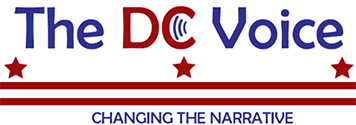











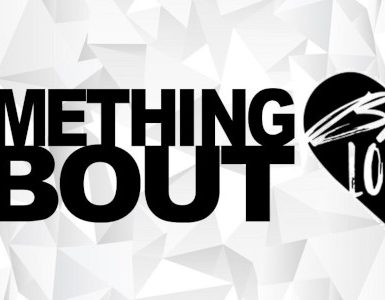
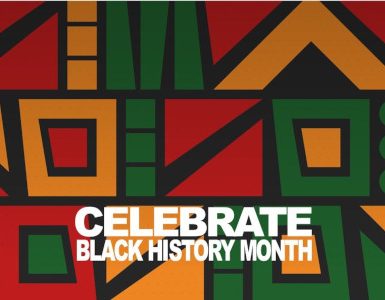
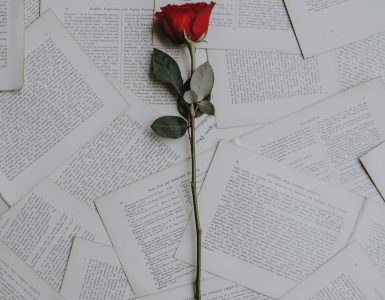

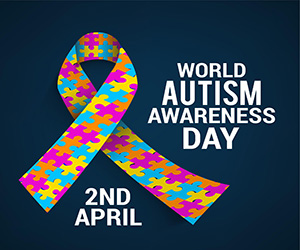
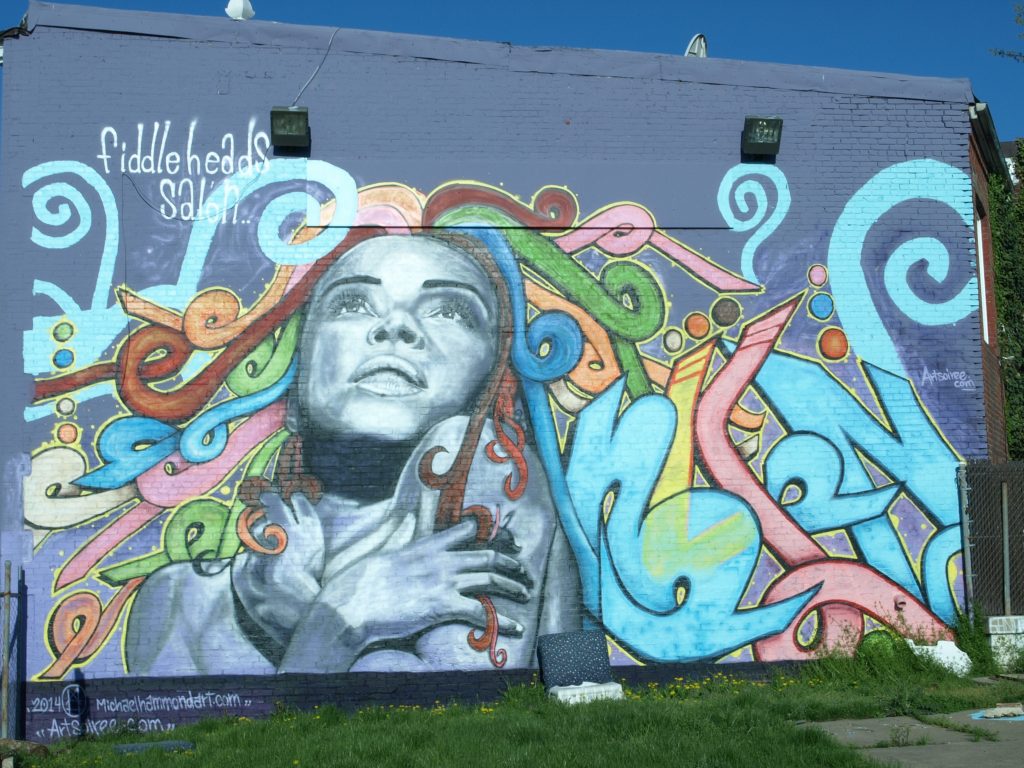
Add comment